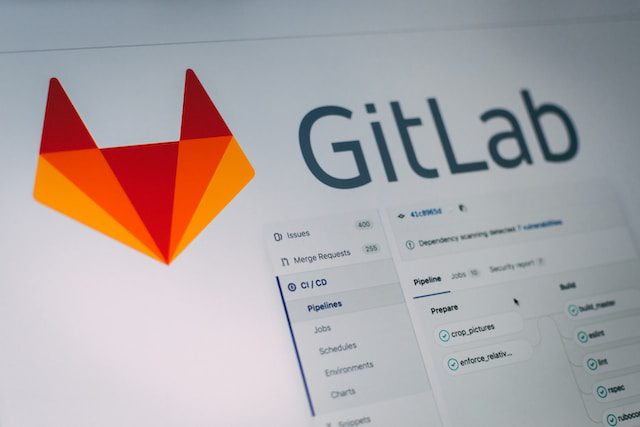
GitLab, which boasts integrated CI/CD features and offers a comprehensive DevOps platform, has been instrumental in bridging the gap between traditional version control systems and modern software delivery practices. Built atop Git – a renowned distributed version control system – GitLab provides a user-friendly web interface, graphical merge tools, and code review capabilities.
However, as the old saying goes, “With great power comes great responsibility.” The recent discovery of a vulnerability, designated CVE-2023-4998, reveals a chink in GitLab’s armor. This flaw, with an alarming CVSS v3.1 score of 9.6, affects both GitLab Community Edition (CE) and Enterprise Edition (EE) spanning versions 13.12 to 16.2.7 and versions 16.3 to 16.3.4.

The discovery was credited to the sharp-eyed security researcher, Johan Carlsson. Interestingly, this flaw can be seen as a more menacing sibling of a previously detected vulnerability, CVE-2023-3932, which was addressed in August. Despite the initial fix, Carlsson managed to find a bypass, proving that attackers could still exploit the vulnerability – hence raising its severity rating to “critical.”
The real-world implications are dire: attackers could impersonate users without their consent, executing pipeline tasks. This isn’t just about running innocuous pieces of code; it’s about potentially accessing classified information, manipulating user data, or initiating specific events within GitLab. Given that GitLab is at the heart of many code management systems, this vulnerability could lead to intellectual property theft, significant data breaches, supply chain attacks, and other high-stakes threats.
Fortunately, GitLab has risen to the occasion by releasing security updates to counteract the CVE-2023-4998 flaw. Users of the affected versions (specifically 16.3.4 and 16.2.7) are strongly urged to update their systems to the patched versions.
For those who are on older versions prior to 16.2, which remain unpatched, there’s a recommended workaround: ensure that both “Direct transfers” and “Security policies” aren’t activated concurrently. The bulletin emphasizes that if both these features are running simultaneously, the instance is vulnerable. Thus, as a precaution, activate them sequentially to shield your system.